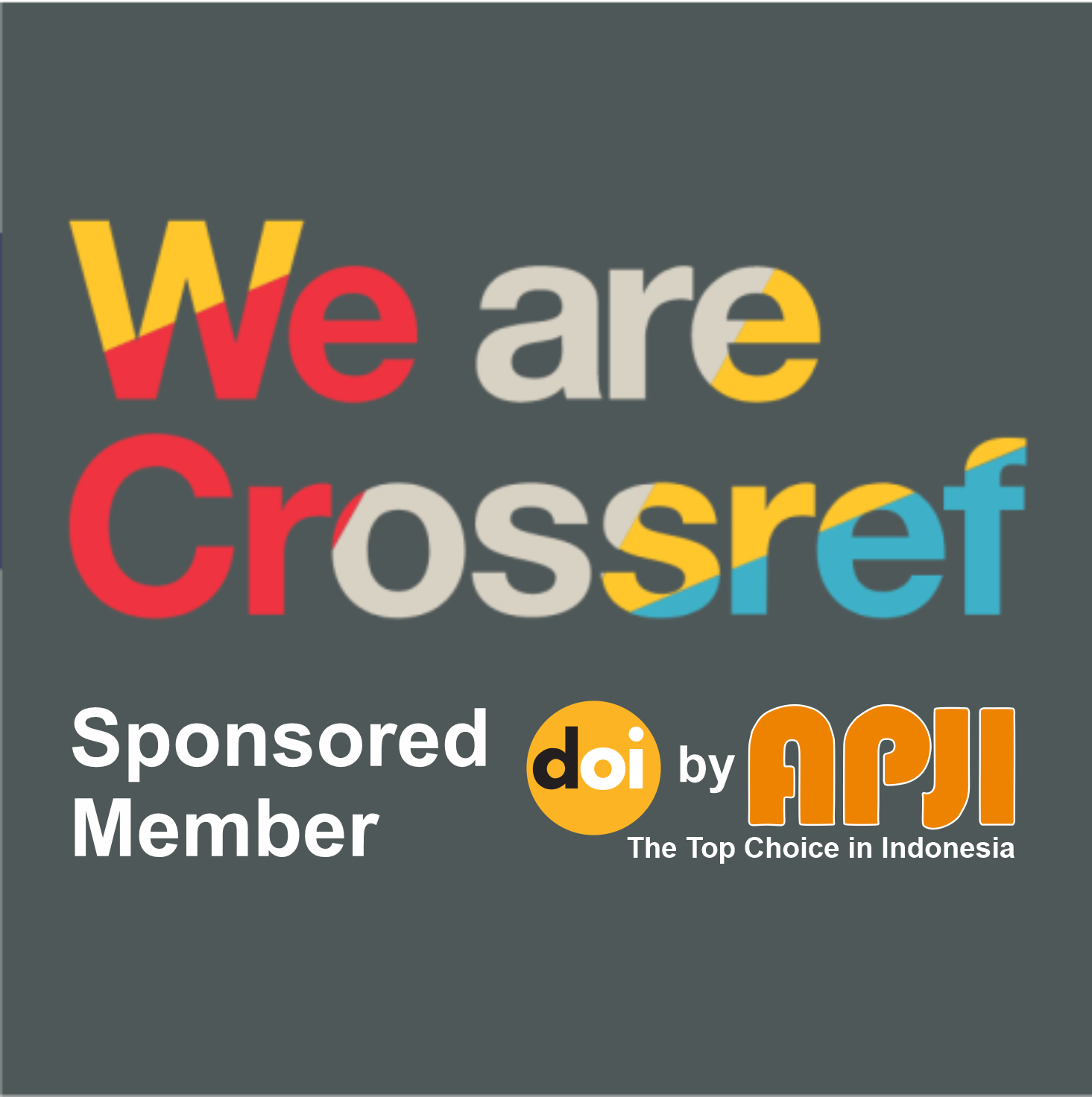The Role of Teachers in Instilling Islamic Character Values in Elementary Madrasahs in Lima Puluh Kota Regency
Keywords:
Character Education, Elementary Madrasah, TeachersAbstract
Instilling Islamic character values from an early age is a vital foundation in shaping students’ morality and ethics, especially within Madrasah Ibtidaiyah settings. However, there remains a noticeable gap between the values taught and the students’ actual behavior. This study aims to describe the role of teachers in instilling Islamic character values, identify the strategies and methods employed, and analyze the challenges and solutions encountered in character development. A descriptive qualitative approach was employed, utilizing in-depth interviews, participant observation, and documentation. Data were collected from teachers, school principals, fifth and sixth-grade students, and parents at three Madrasah Ibtidaiyah in Lima Puluh Kota Regency. Data analysis followed the Miles and Huberman model, involving data reduction, data display, conclusion drawing, and verification through source triangulation. The findings reveal that teachers play a central role in character education through modeling behavior and habitual practice, despite facing external challenges such as digital media influence and social environment. The study highlights that teacher exemplarity is the most effective tool in instilling Islamic character and underscores the need for systemic support and continuous professional development for educators
References
Aisyah, S. (2021). Tipologi Guru dalam Pandangan Pendidikan Islam. FATAWA: Jurnal Pendidikan Agama Islam, 1(2), 136–152. https://doi.org/10.37812/fatawa.v1i2.207
Al-ramahi, N., Odeh, M., Khanfar, I., Qoazmar, N., Hamdan, A., Alsabatin, H., & Kanan, M. (2024). The Effects of Innovative Technology on Quality Assurance in Higher Education Institutions in Developing Countries: A Case Study of Jordan. Dalam R. E. Khoury & N. Nasrallah (Ed.), Intelligent Systems, Business, and Innovation Research (hlm. 253–263). Springer Nature Switzerland. https://doi.org/10.1007/978-3-031-36895-0_21
Amelya, N., Dany, M., Rahayu, D., Helmina, M., & Zahra, R. F. (2023). Penguatan Nilai-Nilai Pendidikan Karakter Dalam Kurikulum Sekolah Sebagai Strategi Upaya Pencegahan Korupsi. Jurnal Ilmiah Wahana Pendidikan, 9(18), 1005–1012. https://doi.org/10.5281/zenodo.8418088
Anam, S. K. (2025). Sekolah Alam dan Pendidikan Karakter Islami: Studi Kasus TK Alam Jabalussalam dalam Menanamkan Nilai Akhlak dan Kewirausahaan. Journal Scientific of Mandalika (JSM) e-ISSN 2745-5955| p-ISSN 2809-0543, 6(4), 1051–1060. https://doi.org/10.36312/10.36312/vol6iss4pp1051-1060
Armini, N. N. S. (2024). Pelaksanaan pendidikan karakter di lingkungan sekolah sebagai upaya membentuk pondasi moral generasi penerus bangsa. Metta: Jurnal Ilmu Multidisiplin, 4(1), 113–125. https://doi.org/10.37329/metta.v4i1.3005
Fahruddin, M. (2025). Manajemen Pendidikan Karakter Religius: Studi Komparatif Pesantren NU, Muhammadiyah, dan Hidayatullah. Peradaban Journal of Interdisciplinary Educational Research, 3(1), 32–45. https://doi.org/10.59001/pjier.v3i1.299
Faruqi, D., Lestari, A., & Hidayah, N. (2023). Guru dalam perspektif Islam. Tarbiyatul Misbah (Jurnal Kajian Ilmu Pendidikan), 16(1), 72–89. https://doi.org/10.70688/tarbiyatulmisbah.v16i1.332
Hakim, A. R., & Darojat, J. (2023). Pendidikan multikultural dalam membentuk karakter dan Identitas Nasional. Jurnal ilmiah Profesi pendidikan, 8(3), 1337–1346. https://doi.org/10.29303/jipp.v8i3.1470
Iqbal, M., Panjaitan, A. Y., Helvirianti, E., Nurhayati, N., & Ritonga, Q. S. P. (2024). Relevansi pendidikan karakter dalam konteks pendidikan Islam: Membangun generasi berkarakter islami. Indonesian Research Journal on Education, 4(3), 13–22. https://doi.org/10.31004/irje.v4i3.568
JANAH, S. W., & MAULIDIN, S. (2024). STRATEGI SEKOLAH DALAM MEMBENTUK KARAKTER RELIGIUS PADA ANAK USIA DINI: STUDI DI PAUD LASKAR PELANGI SRIKATON. EDUKIDS: Jurnal Inovasi Pendidikan Anak Usia Dini, 4(2), 69–79. https://doi.org/10.51878/edukids.v4i2.4201
Kollo, N., Suyono, S., & Anggraini, A. E. (2024). Penguatan pendidikan karakter di sekolah dasar. JIIP-Jurnal Ilmiah Ilmu Pendidikan, 7(2), 1447–1451. https://doi.org/10.54371/jiip.v7i2.3846
Leming, J. S. (2023). When Research Meets Practice in Values Education. Dalam T. Lovat, R. Toomey, N. Clement, & K. Dally (Ed.), Second International Research Handbook on Values Education and Student Wellbeing (hlm. 639–659). Springer International Publishing. https://doi.org/10.1007/978-3-031-24420-9_35
Nguyen-Trung, K. (2025). ChatGPT in thematic analysis: Can AI become a research assistant in qualitative research? Quality & Quantity. https://doi.org/10.1007/s11135-025-02165-z
Sahara, I. R., Putri, T. A., Siregar, P. R., & Jendri, J. (2024). Tafsir Ayat Al-Quran sebagai Pendidik. Hikmah: Jurnal Studi Pendidikan Agama Islam, 1(4), 259–273. https://doi.org/10.61132/hikmah.v1i4.381
Sitorus, A. S., & Achadi, M. W. (2025). Strategi, Implementasi dan Evaluasi Pendidikan Karakter di SD IT Anak Soleh. Innovative: Journal Of Social Science Research, 5(3), 421–434. https://doi.org/10.31004/innovative.v5i3.19049
Testa, G. (2025). Cruise Lines’ Crisis Communication Strategies on X During the Pandemic: Results of Content Analysis. Dalam Social Media and Crisis Communication in the Cruise Industry: Analysing the Effects of the Covid-19 Pandemic (hlm. 143–179). Springer Nature Switzerland. https://doi.org/10.1007/978-3-031-83896-5_6
Zajda, J. (2022). Values Education to Overcome Classroom Discrimination. Dalam Discourses of Globalisation and Education Reforms: Overcoming Discrimination (hlm. 75–88). Springer International Publishing. https://doi.org/10.1007/978-3-030-96075-9_6
Zhang, Y., Cook, C. R., & Smith, B. (2023). PurposeFull People SEL and Character Education Program: A Cluster Randomized Trial in Schools Implementing Tier 1 PBIS with Fidelity. School Mental Health, 15(3), 985–1002. https://doi.org/10.1007/s12310-023-09600-2
Downloads
Published
Issue
Section
License
Copyright (c) 2025 Halimah Halimah, Fatimah Malik, Allya Dwi Zakiah (Author)

This work is licensed under a Creative Commons Attribution-ShareAlike 4.0 International License.














